I attended the first informational session led by Charlie Barrineau, a field services manager with the Municipal Association of South Carolina, and I have to say it was insightful, well-paced, and filled with useful details about the proposed Council-Manager form of government. But there was one moment that struck a deeper chord with me.
**The next public information session is scheduled today, Monday, July 14 at 6:00 PM at 100 Alvina Hagood Circle, Blythewood, SC 29016.**
As Barrineau described the relationship between the mayor and the town council, he offered a metaphor that lingered with me. “It’s a dance,” he said. “The mayor and council must work together like a dance partner.”
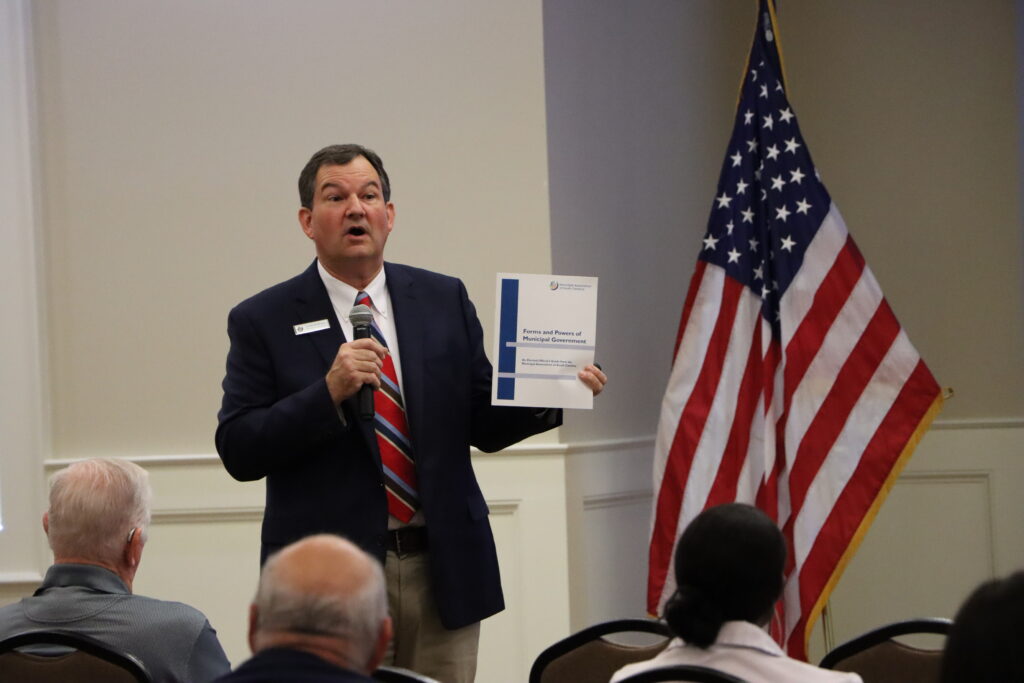
“That line didn’t just land—it clarified everything. In one simple phrase, he named the tension, the imbalance, the heart of what’s wrong. In that moment, the whole situation snapped into focus.”
Because in Blythewood, this isn’t just a dance, it’s a public performance. And like any great performance, it requires timing, trust, and most of all, clarity about who is leading.
Follow the Leader: Democracy Has a Rhythm
Every great dance has a lead. And in Blythewood, the people chose their lead when they went to the polls and elected a mayor. That wasn’t symbolic. It was intentional. In any successful routine, whether it’s a waltz, foxtrot, or Charleston, somebody must guide the flow, set the pace, and keep the vision intact. The council’s role isn’t to take the lead mid-performance or rewrite the choreography in the middle of the show. Their role is to stay in step, in sync, and in rhythm with the leader the people selected.
That’s what makes the recent proposal to adopt a Council-Manager form of government so jarring. It disrupts the rhythm. Instead of one elected leader, accountable to all the voters, this system places the town’s day-to-day control in the hands of an unelected administrator, a person who only needs to satisfy three members of a five-person council to keep their job.
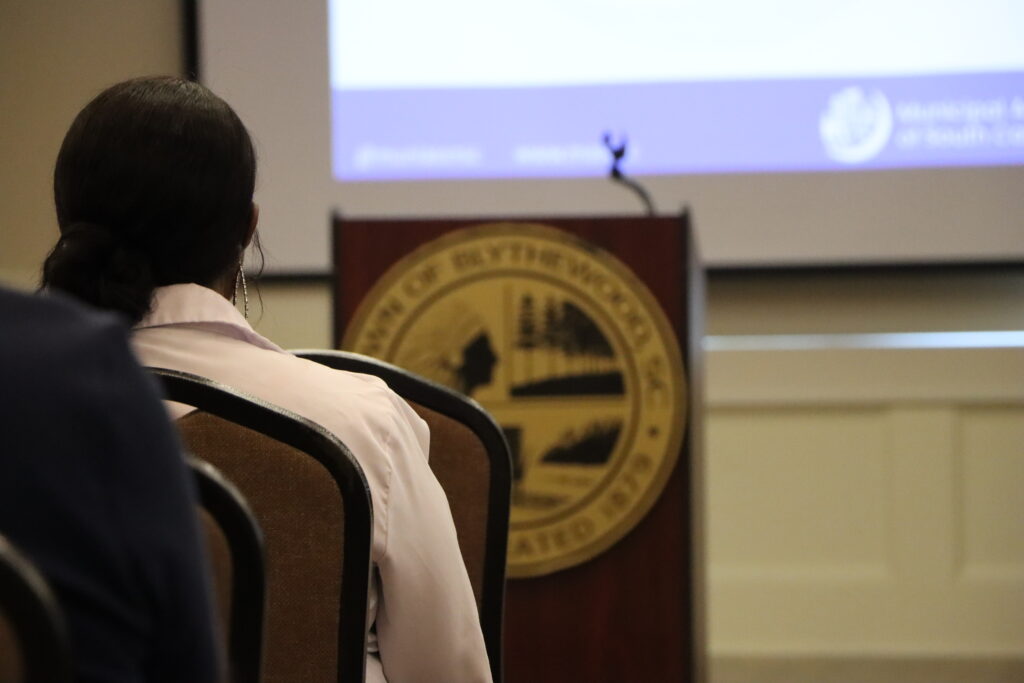
That’s not democracy. That’s not harmony. That’s not a dance, that’s freelancing leadership.
Inserting a town manager into the performance is like bringing in a new partner mid-routine, someone who doesn’t know the choreography and isn’t dancing to the beat of the people. They weren’t elected. They don’t answer to the public. They dance to the rhythm of internal consensus, not community will.
When the Choreography Breaks
In any well-rehearsed performance, the choreography is clear. Everyone knows their role, their timing, and their responsibility to the audience. But when the steps change mid-routine without consulting the crowd, when someone swaps out the lead or changes the music altogether, what you get is confusion, missteps, and mistrust.
That’s exactly what this Council-Manager proposal threatens to do to Blythewood.
Right now, our mayor answers to every voter. That’s direct accountability. That’s how democracy is supposed to function. But under the proposed system, the town’s most powerful executive wouldn’t answer to voters, they’d answer to three out of five council members. That means fewer people making bigger decisions with less public input. It’s not a smoother dance. It’s a quieter backroom.
And it gets worse.
The council-manager structure isn’t just one of the least used forms of government for towns the size of Blythewood—it’s also one of the least suited for democracy and transparency. It works well in sprawling urban bureaucracies or in places where the population is too large to function through close community ties. But Blythewood isn’t that. We’re not a faceless city. We’re a close-knit town where neighbors recognize each other in the grocery store, and folks still show up to council meetings expecting to be heard.
This isn’t a town that needs less leadership — it’s a town that needs the leader it elected to be allowed to lead, not stalled by backroom maneuvers and political blockades.
When No One Leads, No One Follows
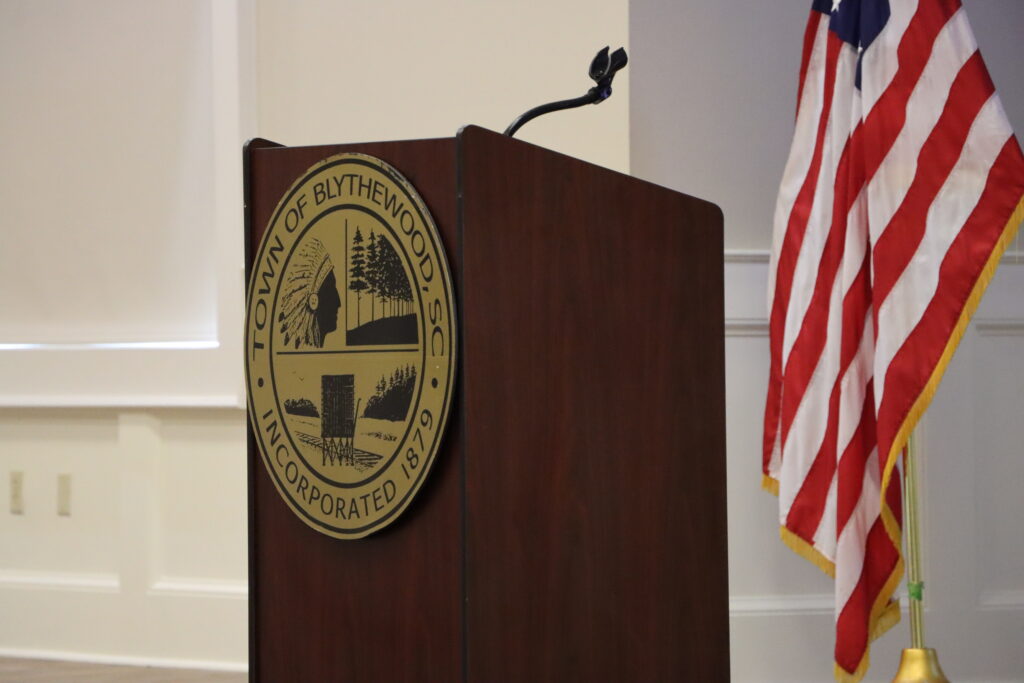
In a Council-Manager system, the power shifts quietly. And when accountability is watered down, so is responsibility. When no single person bears the weight of leadership, blame gets passed like a baton, and the voters are left spinning, trying to figure out who’s really in charge.
What happens when town departments fall short or when a major decision is made behind closed doors? Don’t expect answers. Don’t expect ownership. Expect council members pointing fingers at a manager, and a manager pointing back to the council. Meanwhile, your vote means less. Your voice is muffled. And the one person you elected to represent the entire town? They’ll be sitting quietly at ribbon cuttings, stripped of real authority.
This isn’t just a governance issue, it’s a cultural one. Blythewood has long been a town of neighbors, where community matters and residents take pride in shaping the future together. But this move pulls power away from the people and hands it to a position that was never on your ballot. That’s not democracy. That’s bureaucracy in its most unaccountable form.
And that brings us back to the dance.
In a good dance, someone leads, someone follows, and together they move with rhythm, grace, and shared purpose. The voters of Blythewood chose a mayor to lead. If this council truly respected the dance and the dancers, they’d fall in step, not break the routine and put a new partner on the dance card.
Changing Blythewood’s form of government isn’t a step forward, it’s a misstep that throws the whole town off rhythm, where no one leads and no one follows.
The council may be out of step with the people but the people still have the power to reclaim the beat.

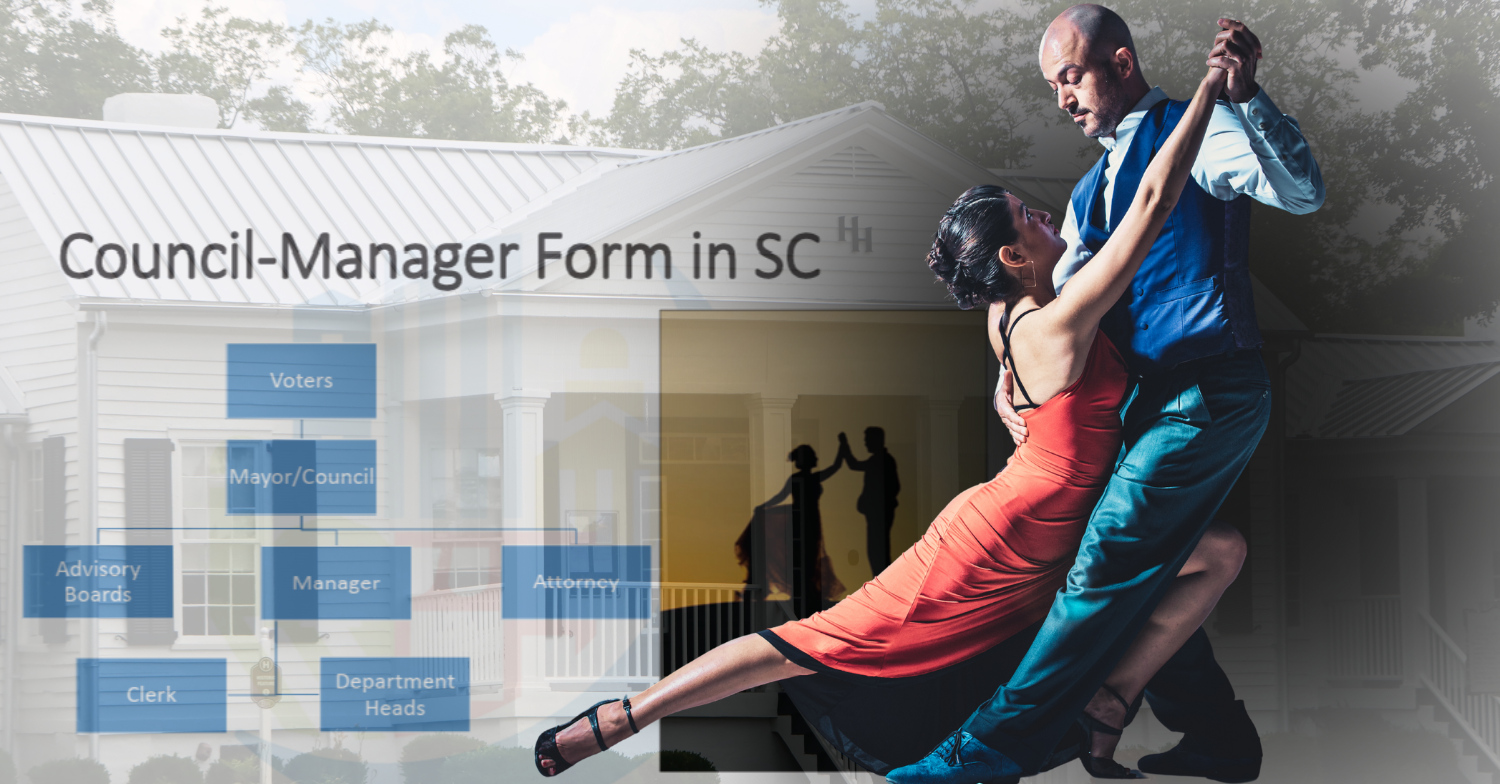
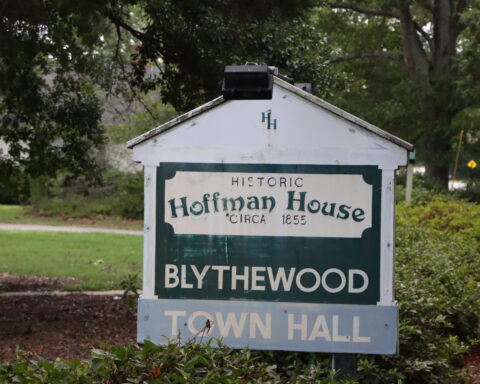
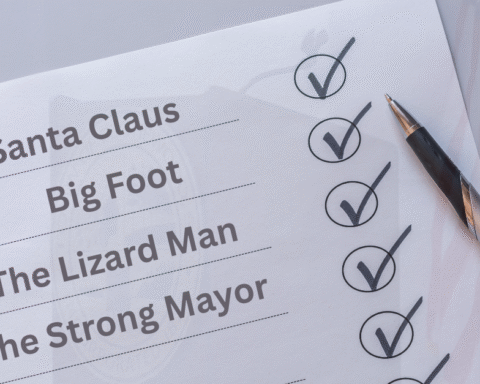
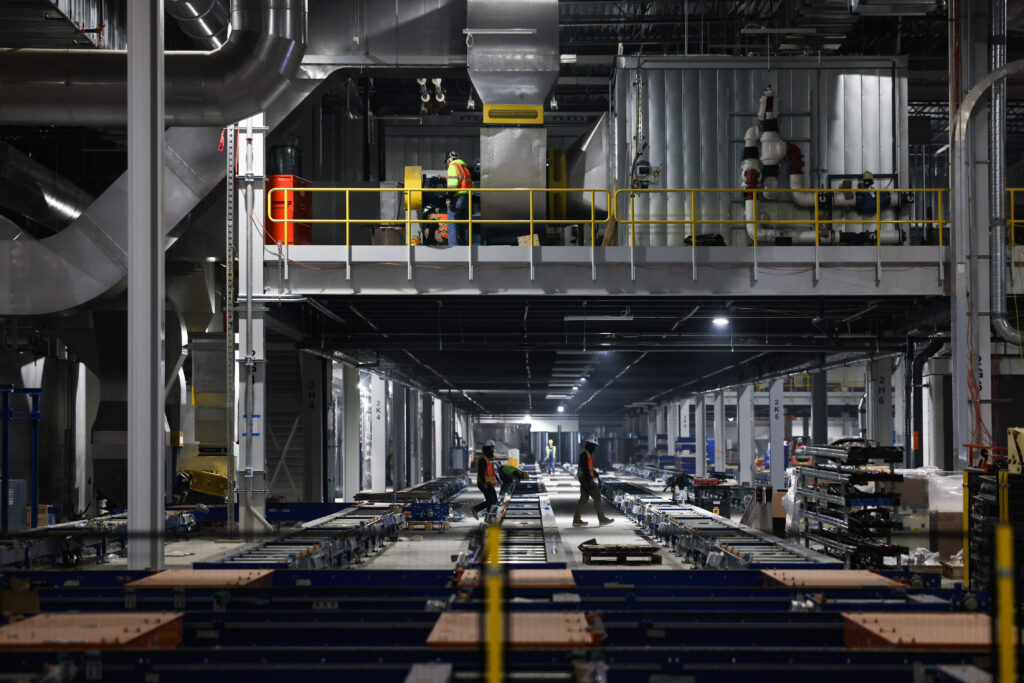
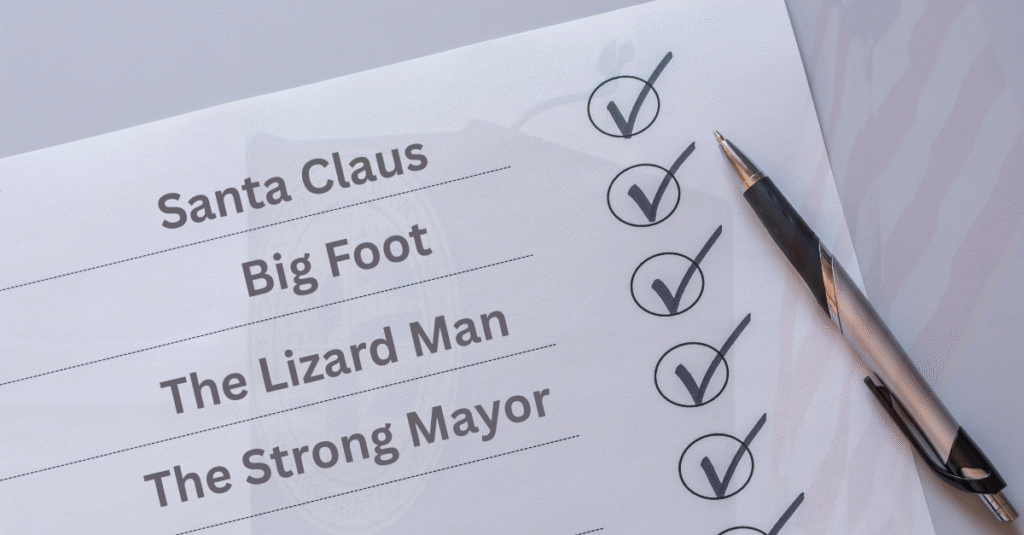
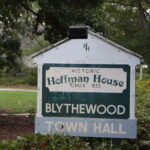

Michael, Well written opinion article. Blythewood has had a well paid full time administrator who has run the day to day operations of the town. Pls cover the difference between the full time ( not an interim) administrators job duties and a town Manager. Mr. Willamson seemed to have done a very good job.
Thanks